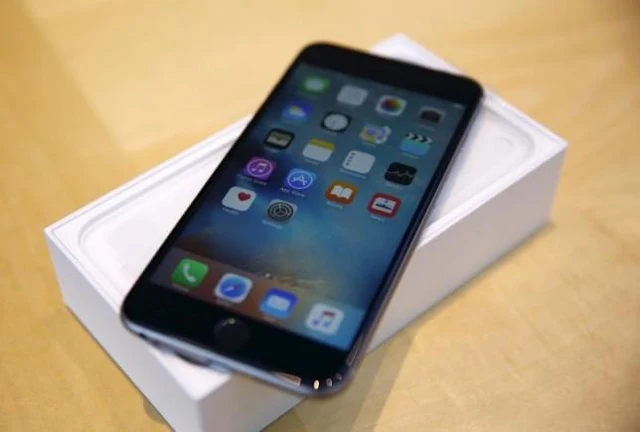Apple Siri assistant is quite popular among the Apple consumer due to its simplicity and productivity. Over the years, Apple has increased the support languages in Siri for various markets in order to make the device much more personal. Siri came with the English speaking capabilities, which were later enhanced by bringing more languages. Now Apple has finally released the Arabic version for Siri for its Arabic users residing in the parts of Middle East. Apple is targeting the rich user base of 30 million people residing in the United Arab Emirates and Saudi Arabia with its release of Arabic language support.
This move on the part of Apple latest update in the capabilities of Siri will allow the users in these countries to use Siri especially in their native tongue with ease and grace. This will open the way to use and interact with plethora of Apple devices like iPhones, iPads and Apple Watch very much simpler and easier in the Arabic language. Apple isn’t the first to bring such functionalities and support for Arabic language as it was Google which brought the voice search functionality on Android devices with the use of Arabic language support.
Apple set to conquer Middle East market
Apple has commendable and strong brand awareness in the Middles East and most particularly among the affluent consumers. The Smartphone shipments in the Middle East and Africa have seen a surge of 66% in the first quarter of 2015. Recently Apple has opened two retail stores in UAE amid huge fan fare and media frenzy.
The recent growth in the Smartphone has shown a like for the phones costing less than $200 in which majority of the Android phones are dominant. On the other hand, Apple’s iPhone is priced quite and still manages to get 17% of market share in Middle East, which is quite commendable.
Apple sales to rise with Arabic language support
Consumer will be receptive to the Apple software as well as it products with the availability of Siri in Arabic. Siri in Arabic will play a detrimental role in the reception as well as adoption of the Apple products on a wider scale in this region. It should be noted that such devices are becoming more and more personal and consumers want to feel that the device is designed for them.
Apple has gradually strengthened its digital assistant Siri by carefully increasing its support for languages, which now stand at 18 languages, which are spoken in 31 countries. Apple Siri’s Arabic support is especially designed in the dialect of the UAE and Saudi Arabia but even the other Arabic speaker will be able to make use of it but in a much comprehensive manner.
Arabic language is quite challenging for the tech companies as it varies strongly from one region to another. Apple has a huge task ahead of it for making Siri available in various Arabic variations in order to provide a wholesome experience to all the Arabic consumers.





